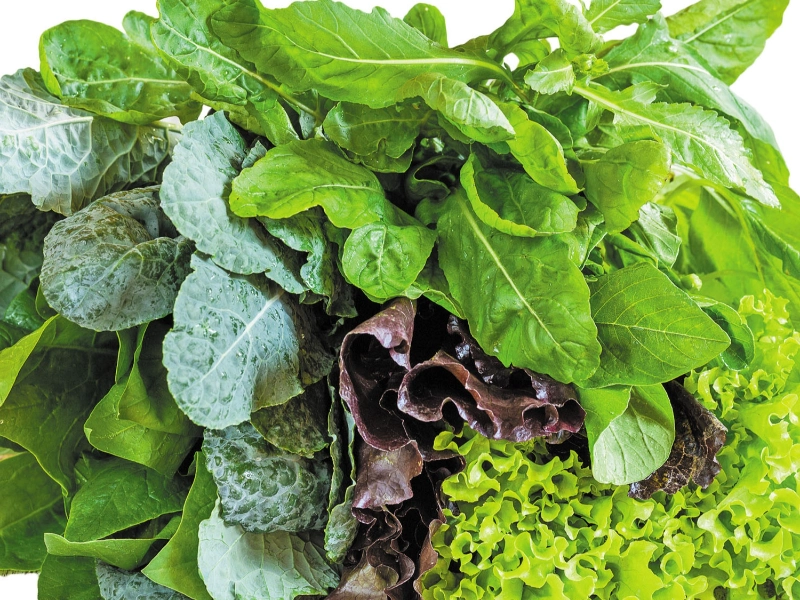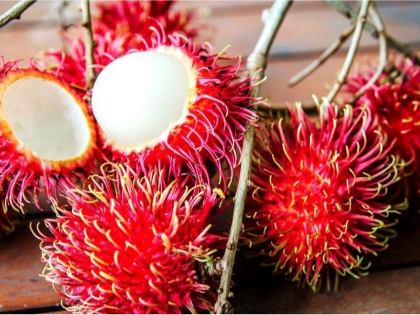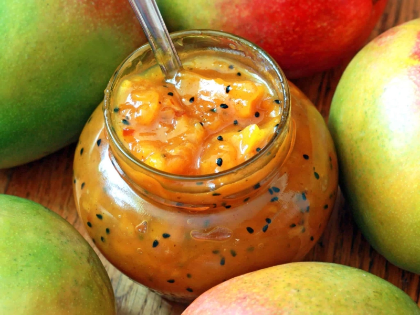The Role of Vitamin K in Maintaining Healthy Arteries
Although other vitamins generally take front stage in debates on heart health, vitamin K is very vital for preserving good arteries. Many different body processes depend on this fat-soluble vitamin, including in control of calcium metabolism and blood clotting. Recent studies have underlined its major influence on cardiovascular health, particularly in terms of reducing arterial calcification and thereby enhancing general arterial function. This paper explores the critical function of vitamin K in preserving normal arteries and how it supports cardiovascular well-being.
Recognising Vitamin K and Its Forms
 Advertisement
Advertisement
There are two main forms of vitamin K: K1, phlloquinone, and K2, menaquinone. While vitamin K2 is prevalent in fermentable foods, dairy products, and some animal products, vitamin K1 is mostly found in green leafy vegetables including spinach, kale, and broccoli. Though they have different uses in the body, both types are vital for health. While vitamin K2 is more intimately linked with cardiovascular health, vitamin K1 mostly supports blood coagulation. For arterial health especially, vitamin K2's distinctive qualities—notably its capacity to activate proteins controlling calcium in the arteries—make it vital. Knowing these variations will enable people to choose their diets wisely so that they guarantee enough intake of vitamin K, therefore supporting their cardiovascular system.
Arterial Calcification: Vitamin K

Vitamin K's capacity to stop arterial calcification is among its most important functions in preserving good arteries. When calcium accumulates in the artery walls, a condition known as arterial calcification results from stiffness and decreased elasticity. This disorder raises the risk of heart disease, hypertension, and stroke rather dramatically. Vitamin K targets matrix Gla-protein (MGP), a protein that controls calcification and supports arterial elasticity. Studies have indicated that enough vitamin K helps stop calcium from accumulating in the arteries, therefore improving blood flow and lowering the risk of cardiovascular illnesses. Making sure the body gets enough vitamin K helps people boost the activation of MGP and guard their arteries against destructive calcification.
Vitamin K's Relationship with Blood Vessel Health

Beyond its function in preventing calcification, vitamin K is absolutely vital for the health of blood vessels. It preserves the integrity of the endothelial cells lining the blood arteries, therefore guaranteeing appropriate responsiveness and function. Regulation of blood flow, blood pressure, and the inflammatory response within the vasascular system depends on healthy endothelial cells. Sufficient vitamin K levels help endothelial cells to perform as they should, therefore lowering the risk of vascular disorders. On the other hand, low vitamin K levels would damage endothelial function, which would aggravate inflammation and raise the risk of atherosclerosis—a disorder marked by artery plaque development. Maintaining appropriate vitamin K levels is therefore essential for enhancing good blood vessels and general cardiovascular condition.
Food Sources of Vitamin K
One great approach to maintain artery health is including foods high in vitamin K into your diet. Foods high in vitamin K1 include collard greens, kale, and spinach among green leafy vegetables. For those trying to boost their vitamin K2 intake, fermented foods such certain cheeses, sauerkraut, and natto are great choices. Furthermore significant additions to a healthy diet are meats and egg yolks, which supply vitamin K2. Think about including a range of these items to your meals to guarantee enough vitamin K intake. A vibrant salad of mixed greens topped with a vinaigrette composed of olive oil and vinegar will provide a good supply of vitamin K1. Including fermented items in your diet—like yoghurt or kimchi—may raise your vitamin K2 levels. These nutrient-dense foods help you diversify your diet so supporting your vascular health and general well-being.
Vitamins K's Effect on Inflammation
A major component of cardiovascular illnesses is chronic inflammation, hence vitamin K could be able to control inflammatory reactions. Some studies propose that by affecting the synthesis of inflammatory markers in the body, vitamin K can assist to control inflammation. Vitamin K supports a regulated inflammatory response, therefore shielding the cardiovascular system from injury. Other vascular diseases including atherosclerosis can develop in part from inflammation. By encouraging appropriate inflammatory responses, enough vitamin K intake may help lower the risk of several diseases. Those who have current heart issues or those who run the danger of acquiring cardiovascular disorders especially depend on this preventive impact. Maintaining heart health and controlling inflammation can both benefit from making sure one consumes enough vitamin K.
Lifestyle Choices Promoting Arterial Integrity
Apart from vitamin K absorption, numerous lifestyle choices help to preserve good arteries. A heart-healthy lifestyle consists mostly in regular physical activity, a balanced diet, stress management, and avoidance of smoking. Together with appropriate diet, these elements maintain cardiovascular health including sufficient vitamin K consumption. Regular exercise helps to increase blood circulation, lower inflammation, and strengthen general heart function. Combining exercise with a diet high in vitamin K and other vital minerals lays a strong basis for preserving good arteries. People can greatly improve their cardiovascular health by using a comprehensive approach to health including lifestyle decisions and nutrition. All things considered, vitamin K is absolutely essential for preserving normal arteries and supporting general circulatory function. Promoting heart health depends on enough vitamin K intake from its ability to prevent arterial calcification to its effect on blood vessel integrity and inflammation. Incorporating foods high in vitamin K into your diet and changing your lifestyle will help you to be proactive in preserving ideal artery function and lowering the risk of cardiovascular illnesses.










